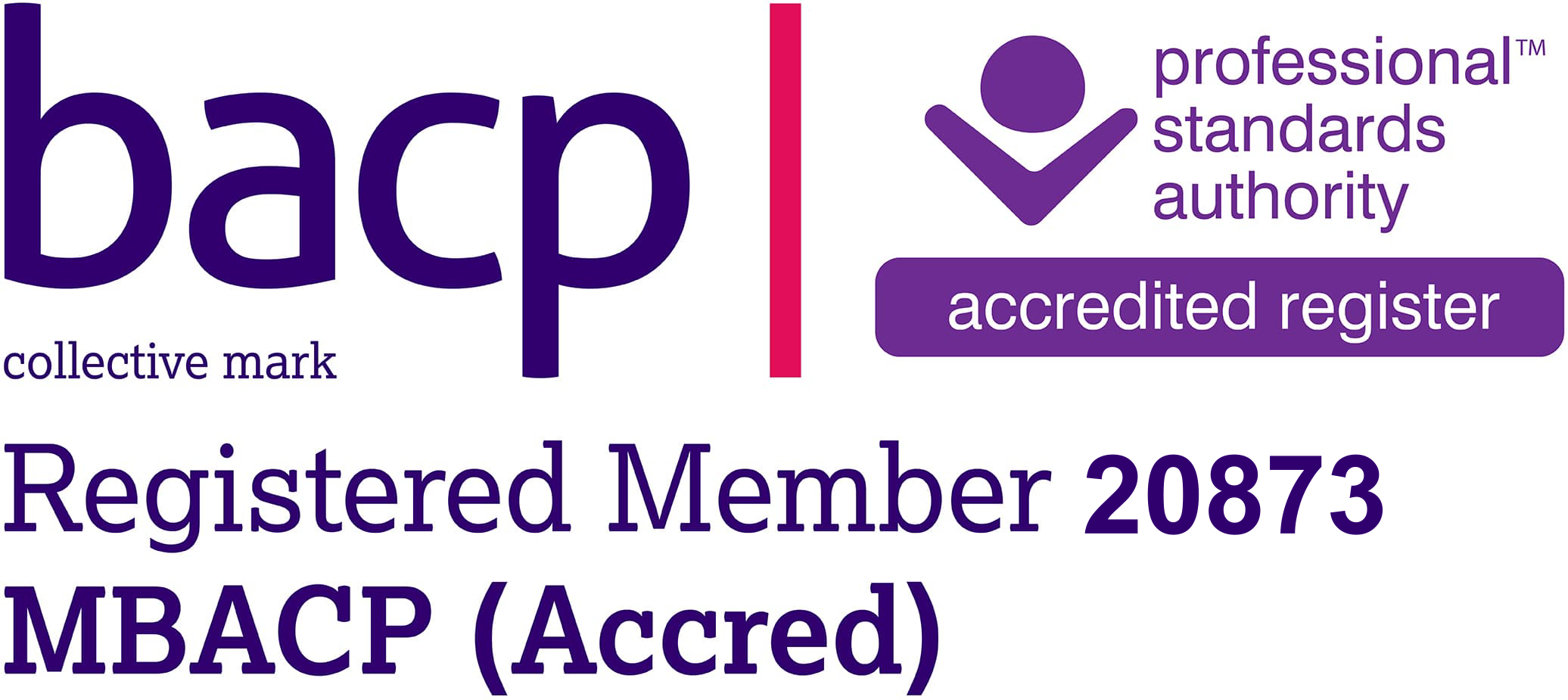Emotional Caretaking
Beginning in early age, children learn to provide others with what they want to obtain – namely love. Often as ‘emotional caretakers’ they would have had to grow up very young and take responsibility, from that young age, because of the physical/ emotional needs of the parent. A child, who is the emotional caretaker, is forced to grow up too soon and to carry responsibilities for which he/she is nor emotionally mature. As the focus is put on the parent the child learns to put her/his own needs aside. A child learns that his/her needs are secondary.
The pattern of emotional caretaking can extend into the relationships of adulthood. Rather than developing a healthy adult relationship which is based on mutuality, the adult child focuses on the needs of the other. This pattern of relating can become fixed. Sometimes a relationship can become emotionally abusive or destructive. Occasionally sacrificing for others is ok but when it becomes habitual it can become detrimental to one’s own health and well being. One’s own inner life can become neglected to the point of being a violation of one’s personal integrity.
Signs of Emotional caretaking
- Putting other peoples’ needs and feelings first;
- Feeling responsible for other peoples’ needs and feelings;
- Feeling guilty at stating your own needs and feelings;
- Having difficulty setting personal boundaries;
- Absorbing another’s words without discrimination because there is no boundary; with a boundary you realise it’s just their opinion;
- Feeling resentment at putting the other person’s needs first, you may secretly
- Desire that the other person would focus on your needs and feelings;
- Losing sight of your own feelings needs and aspirations.
In order to feel safe, one can hide one’s own vulnerable feelings, that is feelings of rejection, insecurity and inadequacy, also fear of being abandoned or alone plus the need for approval.
 How can counselling help?
How can counselling help?
- by focusing on your own needs and feelings;
- by exploring and understanding the role you have assumed;
- by learning to set boundaries and being assertive and by dealing with any anxiety and guilt you may feel from the anticipation of a negative reaction from others;
- by learning to take care of your own needs;
- by developing self confidence.
Contact me in confidence to discuss how counselling may help you develop your emotional strength, Jackie Parkes on tel: 0121 454 2209 or mob: 07796 836739 or email: This email address is being protected from spambots. You need JavaScript enabled to view it.


